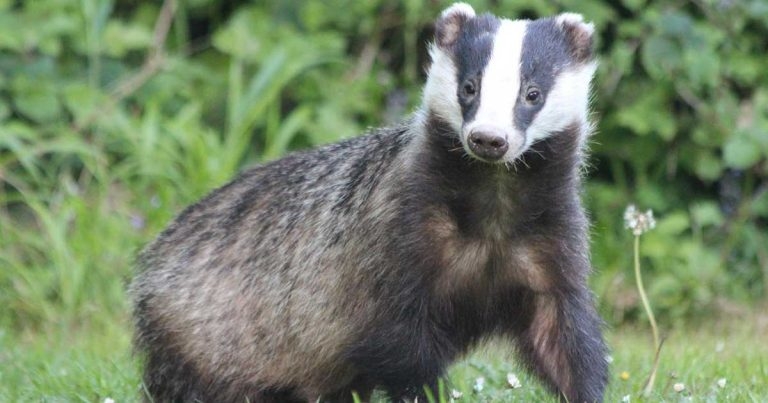12 Aug 2022
Campaigners who want the Government to end its controversial badger culling policy are concerned that disputed evidence supporting its effectiveness will be presented at Canadian conference.

Researchers who found no link between badger culling and a reduction in bTB say they fear a new international conference paper may represent a fresh bid to justify the policy.
The controversy over the scheme is set to cross the Atlantic through a presentation due to be given by a senior Government official at a conference in Canada.
Defra has consistently maintained that the policy introduced in 2013 is working and research published in Vet Record in March, which concluded culling was ineffective in combating the spread of the disease, was flawed.
But critics – dozens of whom backed calls for a moratorium on the practice last month – are worried the scheme could soon be extended.
Tom Langton, one of the authors of the study at the heart of the dispute, said the department remained “stuck in their ridiculous and ill-considered scientific corner”.
The new row relates to a paper scheduled to be presented at the International Symposium of Veterinary Epidemiology and Economics in Halifax, Nova Scotia today (12 August).
The paper, “An analysis of the impact of badger control on bovine tuberculosis in England”, is due to be given by Colin Birch, lead statistician from the APHA.
Although the full paper has not been published, an abstract featured on the conference’s website concluded that, by 2019, reduced bTB levels in areas where the policy was implemented were “significantly associated with time after the start of badger culling”.
But the authors of the Vet Record-published study said a graph in the paper showed a steep fall in bTB during the first two years of culling, which has previously been acknowledged by Defra as not linked to the policy at all, and similar falls occurred in areas where there was no culling at all.
One of the authors, Mark Jones, said: “The fear is that Defra will use this unreviewed presentation to claim badger culling is ‘working’ when the latest peer-reviewed research suggests otherwise.
“We have a ministry desperate to justify the vast expense incurred on a policy that is full of holes and contradictions, and allows trading of infected cattle to continue through markets up and down the length of England.
“Badger culling must be brought to an immediate end. We need a vaccine for cattle, proper molecular testing protocols, and tough cattle movement controls – and we need these measures now.”
Defra has so far not responded to requests for comment, but has previously insisted “sustained reductions” in bTB levels were now being seen as a result of the cull strategy.
In response to the moratorium call, the department said: “As a result of the progress made, we are now able to move on to the next phase of the long-term eradication strategy, including setting out steps to expand badger vaccination, alongside improved cattle testing and a potential cattle vaccine.
“We have always been clear we don’t want to continue the current badger cull longer than absolutely necessary.”